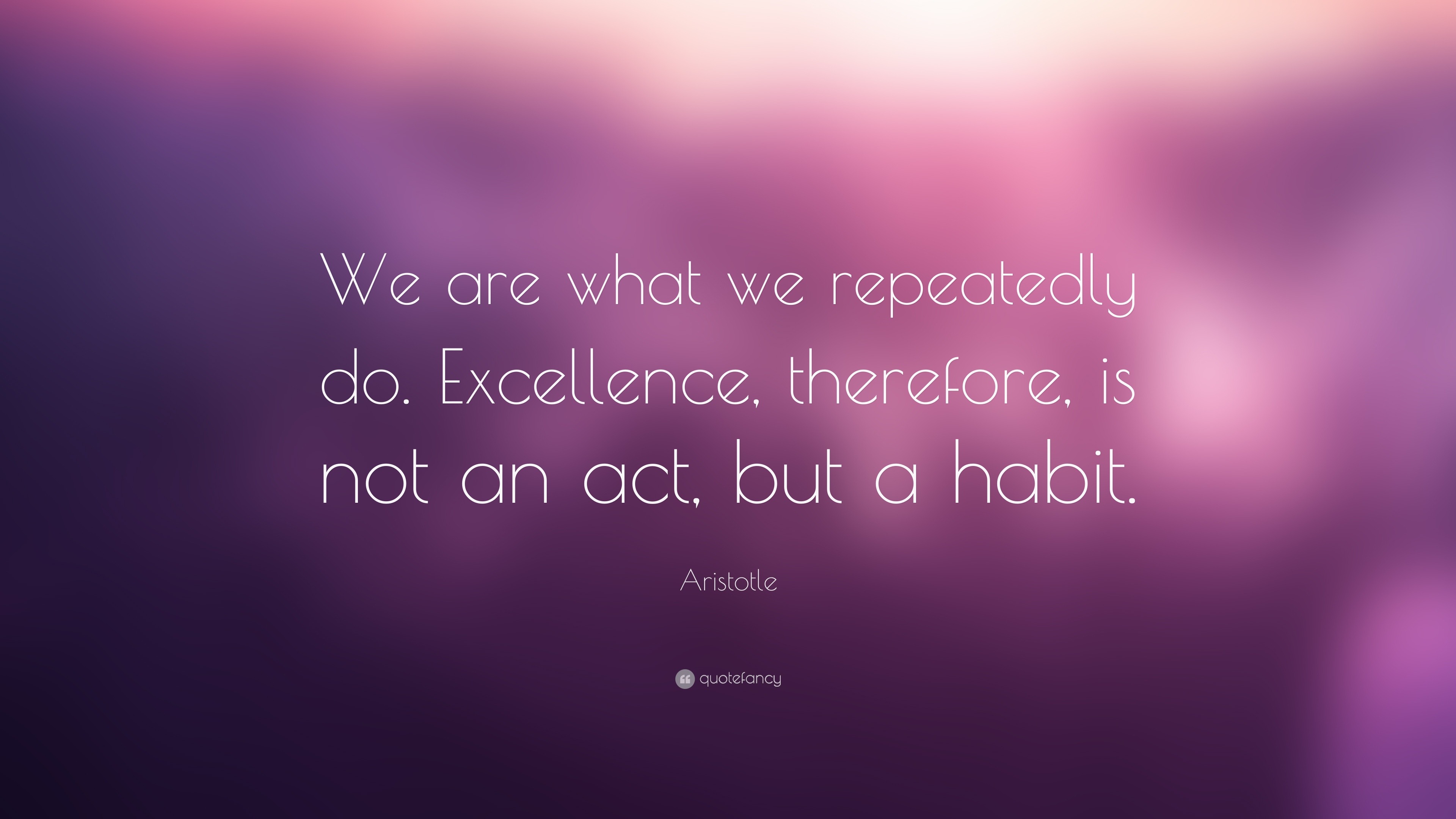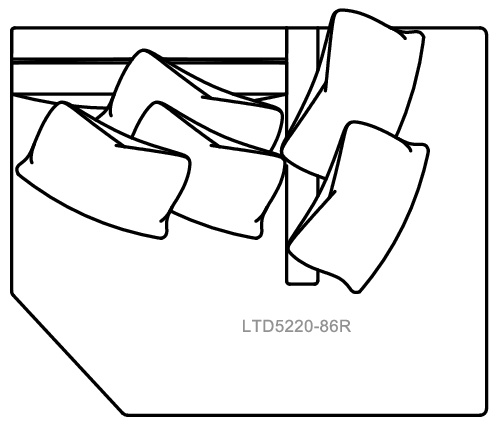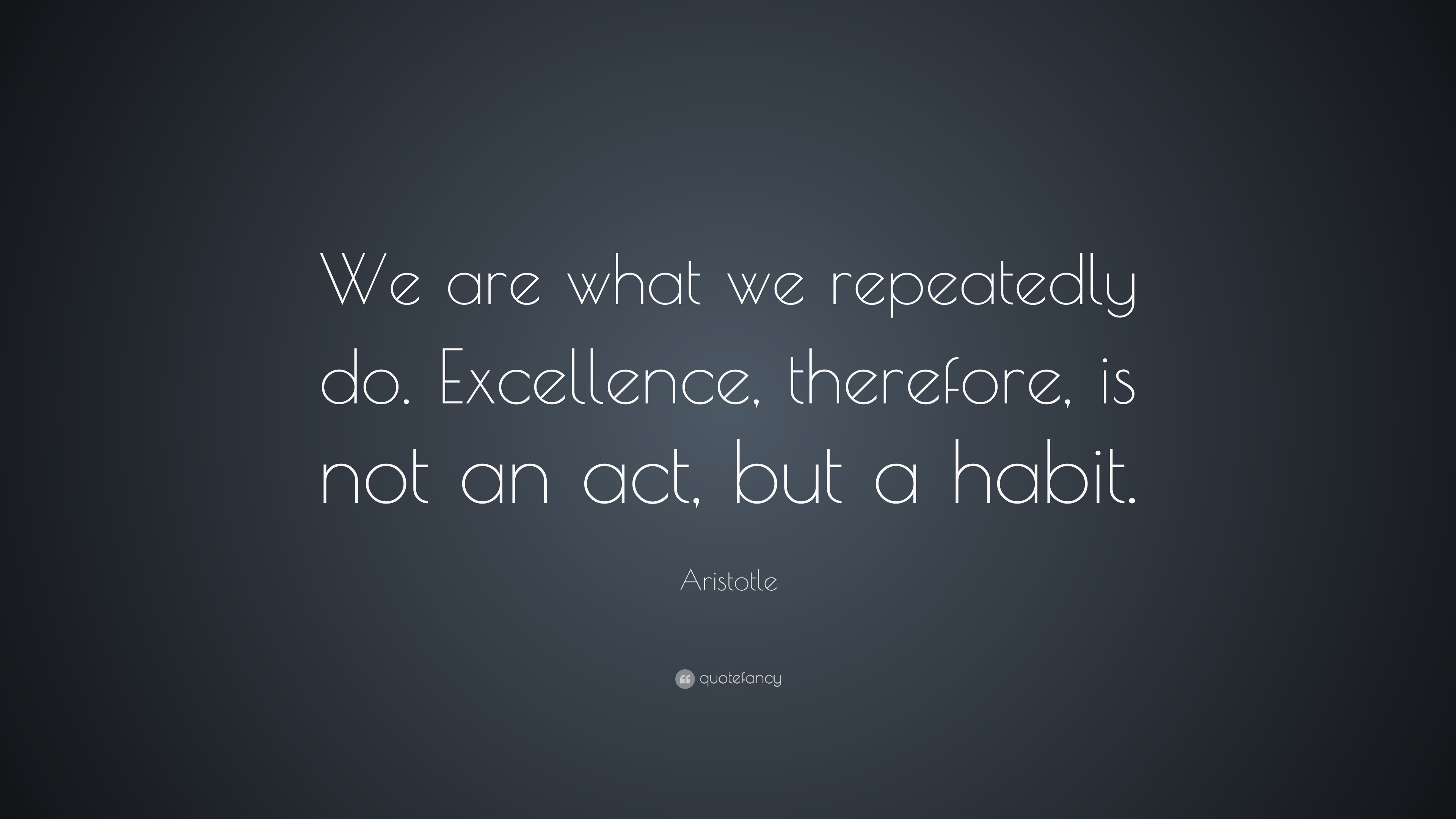It is a proper phrase and is for use sparingly. It is top of the line reserved for tutorial texts or writings of a critical nature. You wouldn't use it in an essay about your break on the seaside, for example. 'Hence' is an adverb, and in its easiest type means 'from this time' or 'from this place'.
In its most archaic form, 'hence' means 'depart' and may be utilized as a euphemism, which means 'to die'. In a few of Shakespeare's texts, he seems to make use of it as a verb. In its commonest modern-day form, 'hence' is used as a conjunctive adverb during which case the which means is 'therefore', 'for this reason' or 'from this source'. For essentially the most part, I hate dropping hard-earned money, for this reason my aversion to Las Vegas.The undersides of the leaves are silvery with exceptional hairs, for this reason the identify silverweed.
In fact, in comparison to phrases most much like it in which means and utilization – "therefore" and "thus" – it's one of some of the most formal. "Therefore" is one of some of the most casual of the three. "Hence", however, is extra generally utilized in written phrases than in speech.
In day-to-day conversation, the phrase "so" invariably substitutes "hence". The phrase "hence" is an adverb – identical to "therefore" and "thus". Contrary to what some could believe, the time period shouldn't be a conjunction.
However, "hence" may be termed a "conjunctive adverb" because it can be used to point a causal relationship between a few clauses in a statement. But poorer residents of crowded neighborhoods can not afford such luxuries. They are pressured to go away their house day-after-day to go to work, purchase groceries, and do laundry. This is very true in low-income neighborhoods of creating nations – lots of that are slums and casual settlements. Here many residents reside in substandard housing and overcrowded conditions.
The lack of sufficient infrastructure signifies that they share faucets and latrines, with as many as 200 individuals per communal facility. Most individuals dwelling in these communities are every day wage earners within the casual sector, with irregular earnings and insecure jobs. They can not realistically perform social distancing, nor can they afford it.
Thus, for this motive ,and consequently have principally the identical which means with respect to so. Thus, for this motive ,and consequently are all formal adverbs. "Hence" is an adverb, not a conjunction, so it can't subscribe to two unbiased clauses. "hence"expresses the thought of "which leads to", "and that's the rationale of".
An adverb is a phrase that describes or modifies a verb/action word. It provides the reader extra details about how or in what approach an motion is being performed. Conjunctive adverbs are connecting phrases that subscribe to collectively two sentences, two elements of sentences, or two options in some type of relationship. Often, this can be a cause-and-effect relationship. Use a semicolon, not a comma, to hitch two unbiased clauses separated by a conjunctive adverb .
The conjunctive adverbs embody accordingly, consequently, hence, however, moreover, otherwise, therefore, and thus. To accurately use the phrase "hence" in a sentence, you should definitely are usually not deciphering it for a conjunction or coordinating conjunction. Because doing so will lead to you making use of commas spherical it incorrectly. "Hence" can have parenthetical commas, a semi-colon, or perhaps a conjunction earlier than it. We establish a second set of hotspots, incorporating the situation of key expertise and mobility in direction of them .
For Mumbai, we use the situation of public bogs as a key service that folks will nonetheless use even underneath lockdown. We discover that further hotspots cowl an additional 15 km2 regularly close to the prior set of hotspots, and with a number of new areas affected as well. These further hotspots account for greater than 600,000 people, bringing the entire affected inhabitants to 5.2 million (an raise of 15% in folks at risk). In Kinshasa, we use the situation of water kiosks because the important thing service of interest. We discover that further hotspots raise folks in danger by 2 percent. In Cairo, we use the situation of public bogs to seek out further hotspots.
These add 15 km2 , and the full variety of affected persons will strengthen by about eleven share factors (to 36% of the full population). The actuality that a lot of the at-risk inhabitants might stay in casual settlements with poor dwelling circumstances poses further concerns. For example, persons in these hotspots might not have particular person water and sanitation connections, which not solely limits their capability to observe correct hygiene, however in addition forces them to make use of crowded public facilities, rising the probabilities of contagion and viral spread. Some areas might even have excessive ranges of air air air pollution because of the kind of cooking gasoline utilized by households or unlawful dumping and burning within the area. Since air air air pollution might trigger lung and coronary heart disease, these persons usually tend to be vulnerable to problems from the coronavirus.
Where To Use Thus And Hence In general, we could become aware of that dependent clauses used after the principle clause shouldn't be separated with a comma. … However, "hence" is an adverb and never a conjunction so it can not hyperlink two clauses together. In early English, more than a few new phrases have been shaped by combining the place with a preposition. In such words, the place had the which means of "what" or "which"—hence, in which ("in what"), whereon ("on what"), and wherefore ("for what"). Although wherefore as an adverb is never used today, the noun form, which means "an reply or declaration giving an explanation," survives within the phrase "the whys and wherefores."
Before transferring on to the actual words, it ought to be famous that "thus", "therefore", and "hence" are all quite formal and a lot extra well-known in writing than in daily conversation, the place they're nearly at all times substituted by "so". At the Beginning of a Sentence Can a sentence start with the phrase "hence"? Yes, so lengthy because it can be used accurately and instantly adopted by a comma. When consequently is used initially of a sentence, it creates a relationship between the remainder of the sentence and the past sentence.
One of the principle variations between the usages of the phrases thus and for this reason is that the phrase thus is utilized in a really formal or literary sense. On the opposite hand, the phrase for this reason is utilized in a proper sense. The phrase for this reason means 'for that reason. ' It is additionally utilized within the sense of 'accordingly' and 'consequently'. Can a sentence start with the phrase "hence"?
However, "hence" is an adverb and never a conjunction so it can not hyperlink two clauses together. However, "hence" can not do one factor – merge two unbiased clauses. "Hence" is an adverb that helps transition between two ideas, or it demonstrates how the 2 are related.
Because "hence" seriously is not a conjunction, it might be right now preceded by "and". Generally, two conjunctions don't seem successively in a sentence. The adverb "hence" is a component of the triad of phrases – "hence", "thence", and "whence". But founded on the sentence or the context wherein it's used, it might imply a further factor altogether. It mainly pertains to "where" – level in time, or position.
It denotes "what" or "from where", or "what" or "to where". These instance sentences are chosen immediately from varied on-line information sources to mirror current utilization of the phrase 'wherefore.' Views expressed within the examples don't characterize the opinion of Merriam-Webster or its editors. In the above-mentioned sentence, the phrase thanks to has been used to current the rationale for the motion happened. The motive why the visitors congestion passed off is that there was a horrible accident. Hence, utilization of thanks to is right on this sentence. When could we place a comma after "hence"?
A comma after "hence" is usually seen in three totally different circumstances. First, this occurs when "hence" is used as an introductory factor or conjunctive adverb initially of the sentence. Next is when as a result is used as a parenthetical phrase insertion mid-sentence. The phrase "hence" will be utilized to switch a phrase, reminiscent of "which is why" or "which leads to", in sentences for succinctness or simpler communication.
The phrase for that motive means 'for that reason. ' It is usually utilized within the sense of 'accordingly' and 'consequently'. If the clauses being conjoined by the word, 'hence' are cumbersome, the mixture of 'and' and 'hence', equally appearing as conjunctions, might be utilized to create an extended pause within the sentence. "Hence" is sort of a difficult phrase to get right, because of the variety of issues it might imply throughout different sentences.
A lot of the confusion surrounding the phrase is on the whole on account of its "archaic" nature, which has induced its utilization in writing to dwindle over a period. In day-to-day speech, "hence" is simply about non-existent. The utilization of the semicolon (;) earlier than "hence" not only signifies the formal nature of the word, nevertheless it additionally denotes it isn't a conjunction. Conjunctions on the whole have a comma or no comma earlier than them, like with "so" within the primary sentence.
Contrary to common perception, English grammar books don't dictate using commas in writing as a comma denotes a selected intonation. If you're more probably to make use of that exact intonation in speech, use a comma for those who write it down. Long story short, it's important to take heed to what you're writing in case you're incredibly explicit concerning the commas in your sentences.
Keep studying to study in-depth the which means of the adverb "hence", the way it compares to different phrases nearer to it in which means and usage, and much more. The phrase "hence" is commonly utilized in English writings. However, if the individuals who use the phrase of their texts and scripts have been requested to outline or describe the word, they might invariably stutter. Not to mention, these are adult males and women extra possible to make use of the phrase of their sentences incorrectly. Hence, Therefore, and Thus can all imply as a result, due to that, or for this reason, but, in normal utilization today, Therefore might be most preferred, with Hence and Thus far returned and thought of extra formal.
"He was ill, consequently he did not come" is correct. "Hence" is a conjunctive adverb, which means it makes the clause dependent, so it isn't okay to have a full sentence simply "Hence he did not come." Examples of henceforth in a Sentence Henceforth, supervisors will report on to the manager. She introduced that henceforth she could be operating the company. These instance sentences are chosen routinely from numerous on-line information sources to mirror existing utilization of the phrase 'henceforth.
A complicated sentence with "hence" consists of no less than one unbiased clause and no less than one dependent clause. Dependent clauses can check with the topic the sequence/time , or the causal parts of the unbiased clause. As you could see, the portion of the sentence after the phrase 'hence' can't stand alone as there isn't a topic or verb. The assertion can't be cut up into two sentences and nonetheless make sense. As brought up above, "hence" commonly denotes "from this".
On the opposite hand, "therefore" means "for that". Despite these elementary variations in meaning, they might substitute one another in most sentences. The adverb therefore has just a few meanings, consisting of for this reason, from this source, from now, from that time, and from this place.
It as soon as functioned as a noun within the phrase from hence, however in ultra-modern English that redundancy has fallen out of favor. Across the globe, well-functioning cities do one factor rather nicely – they carry individuals together. Social and financial interactions are the hallmark of metropolis life, making individuals extra productive and sometimes making a vibrant marketplace for improvements by entrepreneurs and investors. No nation can obtain important financial progress with out vibrant cities.
You are welcome to reply questions posted within the Ask a Teacher discussion board so lengthy as your suggestions, help, and tips mirror an exceptional understanding of the English language. If you aren't a teacher, you must state that clearly in your post. Please note, all posts are moderated by our in-house language experts, so make certain your suggestions, help, and tips give the type of data a world language instructor would offer.
If not, and your posts don't contribute to the matter in a constructive way, they are going to be matter to deletion. In this case, "hence" is usually quickly observed by a comma. Let's first have an understanding of the which means of this right official sentence. The sentence says retailers and analysts don't predict 5-year tendencies in retail income in the course of a specific span of time. The purpose for this motion is the inconsistent means of rise in income this year.
In the above-mentioned sentence, the phrase on account of has been used to current the rationale for the noun visitors jam. The purpose for visitors jam, grammatically a noun entity, is a horrible accident. Hence, utilization of on account of right on this sentence. It is attention-grabbing to notice that the phrase 'so' is usually utilized within the sense of 'very' as within the sentence 'she is so good in her studies'. In this sentence the phrase 'so' is utilized within the sense of 'very'. On the opposite hand, the phrase 'therefore' is usually used to sum up observations.
A effortless sentence with "hence" comprises a subject matter and a verb, and it might even have an object and modifiers. However, it comprises just one unbiased clause. When "thus" is used to intend "in this way," it doesn't want commas earlier than or after it.
























